Unveiling The Secrets of Ai: Exploring Machine Intelligence
Future of Ai
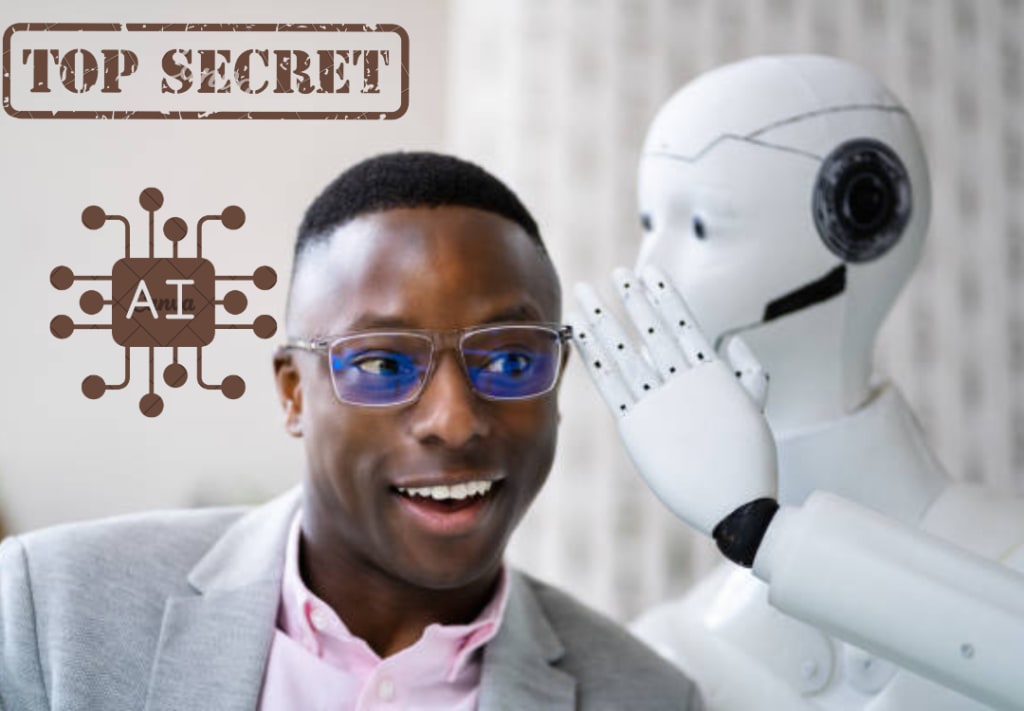
Introduction:
In the realm of technology, one concept has taken the world by storm: Artificial Intelligence (AI). It's a term that sparks curiosity, fear, and wonder in equal measure. From futuristic sci-fi tales to real-life applications, AI has become an integral part of our lives. In this article, we embark on a captivating journey to unveil the secrets of AI, exploring the depths of machine intelligence and uncovering its extraordinary potential.
The Origins of Artificial Intelligence:
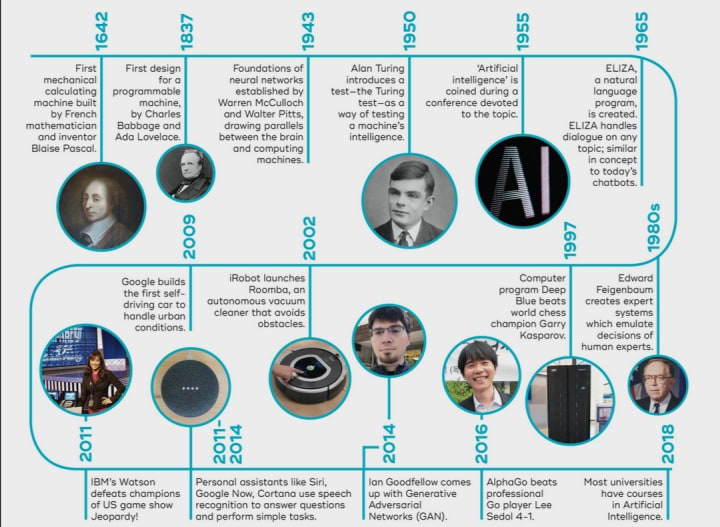
To truly understand AI, we must delve into its origins. The seeds of AI were sown in the mid-20th century, as visionaries and scientists sought to create machines capable of mimicking human intelligence. From early logic-based systems to the development of neural networks, AI has undergone significant transformations over the years.
The Building Blocks of AI:
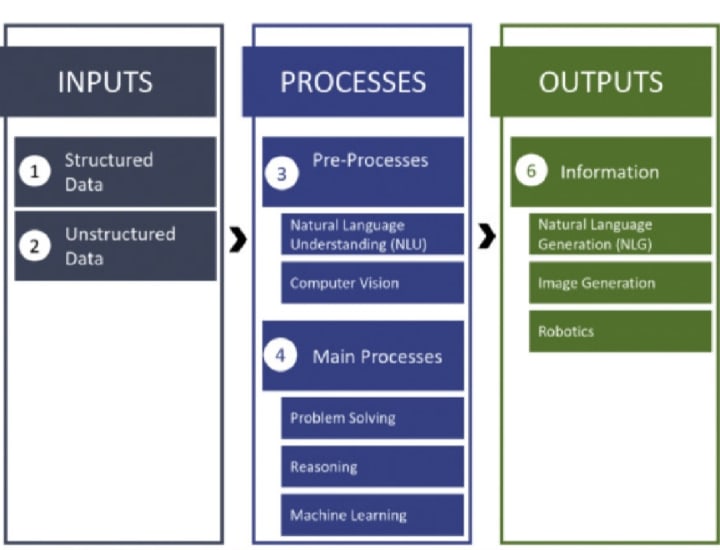
AI's inner workings are composed of several fundamental components. We explore the concept of machine learning, where algorithms learn from data to make predictions or decisions without being explicitly programmed. Deep learning, a subset of machine learning, has revolutionized AI with its ability to process vast amounts of data and extract intricate patterns.
The Power of Neural Networks:
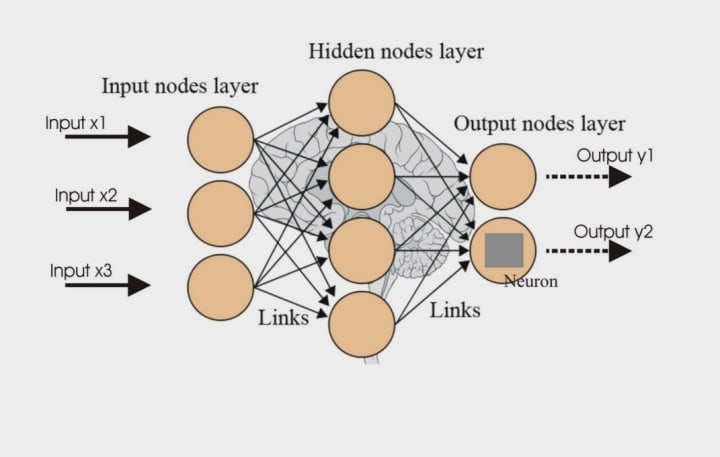
Central to AI's abilities are neural networks, inspired by the structure and functioning of the human brain. We demystify the concept of neural networks, explaining how they process and analyze information, enabling machines to recognize images, understand language, and even play complex games.
AI in Everyday Life:
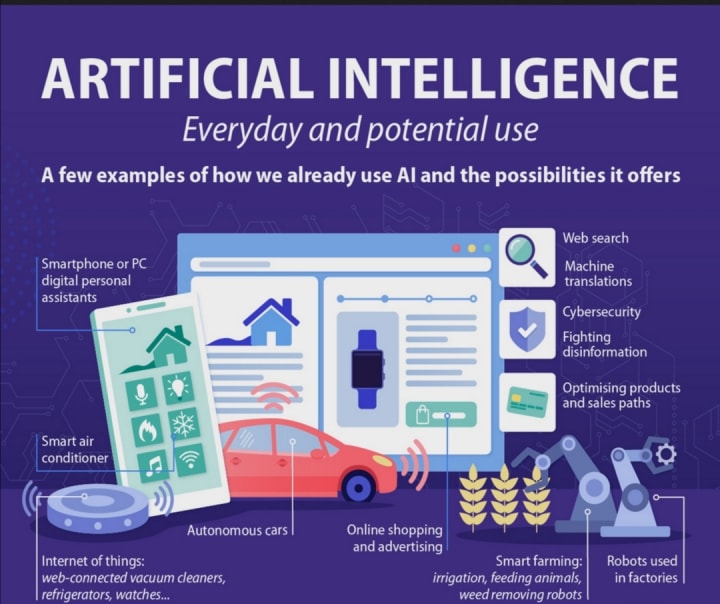
AI's impact is no longer confined to science fiction. It has infiltrated various aspects of our everyday lives. We explore practical applications, from voice assistants like Siri and Alexa to personalized recommendations on streaming platforms. Additionally, AI's influence extends into industries such as healthcare, finance, and transportation, where it aids in diagnosing diseases, managing investments, and optimizing logistics.
Ethical Considerations and Challenges:
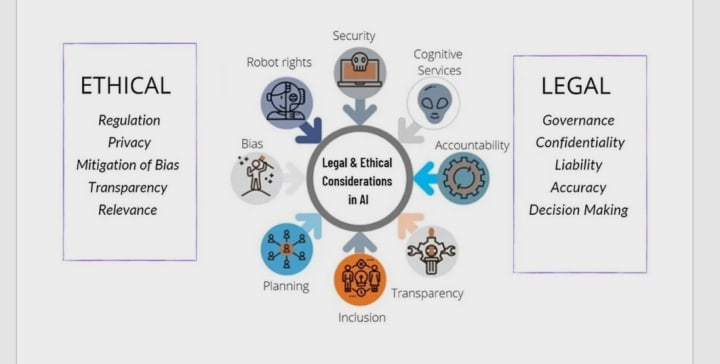
With great power comes great responsibility. AI raises important ethical considerations, including privacy concerns, job displacement, and bias in decision-making algorithms. We delve into these challenges and discuss ongoing efforts to ensure AI is developed and utilized ethically, with fairness and transparency in mind.
The Future of AI:
The future of AI holds limitless possibilities. We explore exciting advancements on the horizon, including the potential for AI to solve complex global challenges, such as climate change and disease prevention. Additionally, we examine the emerging field of Explainable AI, which aims to provide transparency and understanding behind AI's decision-making processes.
The Human-Machine Partnership:
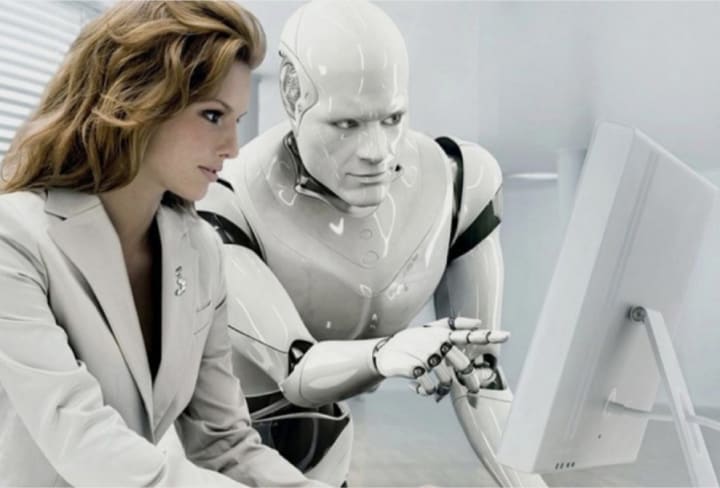
While AI exhibits remarkable capabilities, it's crucial to recognize the importance of the human-machine partnership. We discuss the concept of augmented intelligence, where humans and machines collaborate to enhance decision-making and problem-solving. Through this partnership, we can leverage AI's strengths while ensuring human oversight and critical thinking.
FAQs
💥Q:What is Artificial Intelligence (AI)?
A: Artificial Intelligence (AI) refers to computer systems that can perform tasks requiring human intelligence, such as learning, problem-solving, and decision-making.
💥Q:How does AI learn?
A: AI learns through machine learning, where algorithms analyze data, identify patterns, and make predictions or decisions without explicit programming.
💥Q:Can AI replace human jobs?
A: While AI can automate certain tasks, it is more likely to augment human capabilities rather than completely replace jobs.
💥Q:How does AI ensure fairness and avoid bias?
A: Efforts are made to identify and mitigate bias in AI algorithms by ensuring diverse and unbiased training data and promoting ethical development practices.
💥Q: Can AI be dangerous or take over the world?
A: AI development prioritizes safety and ethical considerations, making speculative scenarios of AI taking over the world unlikely.
💥Q:How will AI impact society in the future?
A: AI has the potential to enhance productivity, improve decision-making, and address complex societal challenges across various sectors.
💥Q:What skills can individuals develop for an AI-driven future?
A: Skills like critical thinking, problem-solving, creativity, and emotional intelligence can complement AI technologies and prepare individuals for the future.
💥Q:What is the role of ethics in AI development?
A: Ethics in AI development involve ensuring fairness, transparency, accountability, privacy protection, avoiding bias, and minimizing potential harm.
Conclusion:
As we conclude our journey into the depths of AI, we stand in awe of the remarkable potential this field holds. While there are challenges and ethical considerations to address, AI's positive impact on society is undeniable. By embracing and responsibly harnessing the power of AI, we have the opportunity to shape a future where machines and humans coexist in harmony, propelling us toward new frontiers of knowledge and understanding.






Comments
There are no comments for this story
Be the first to respond and start the conversation.